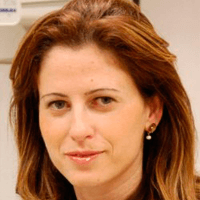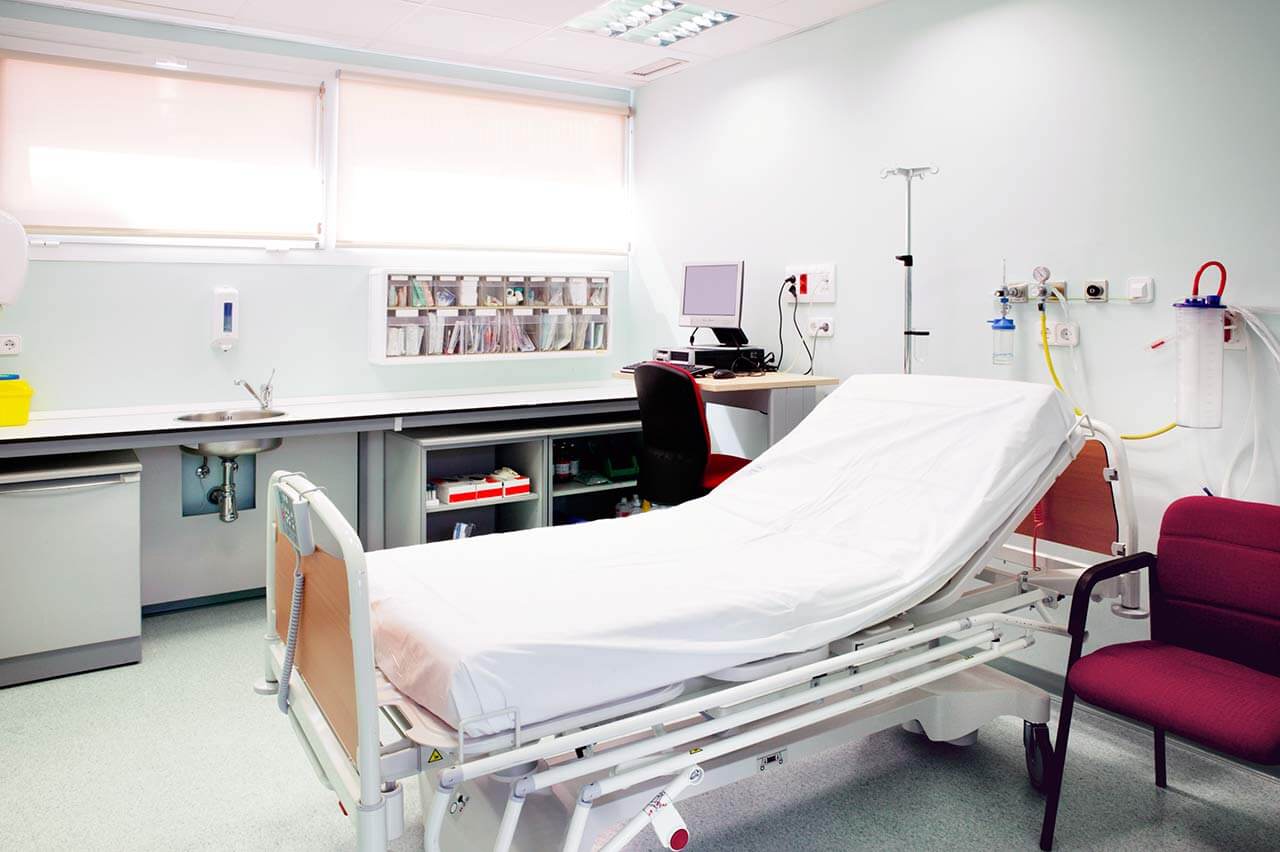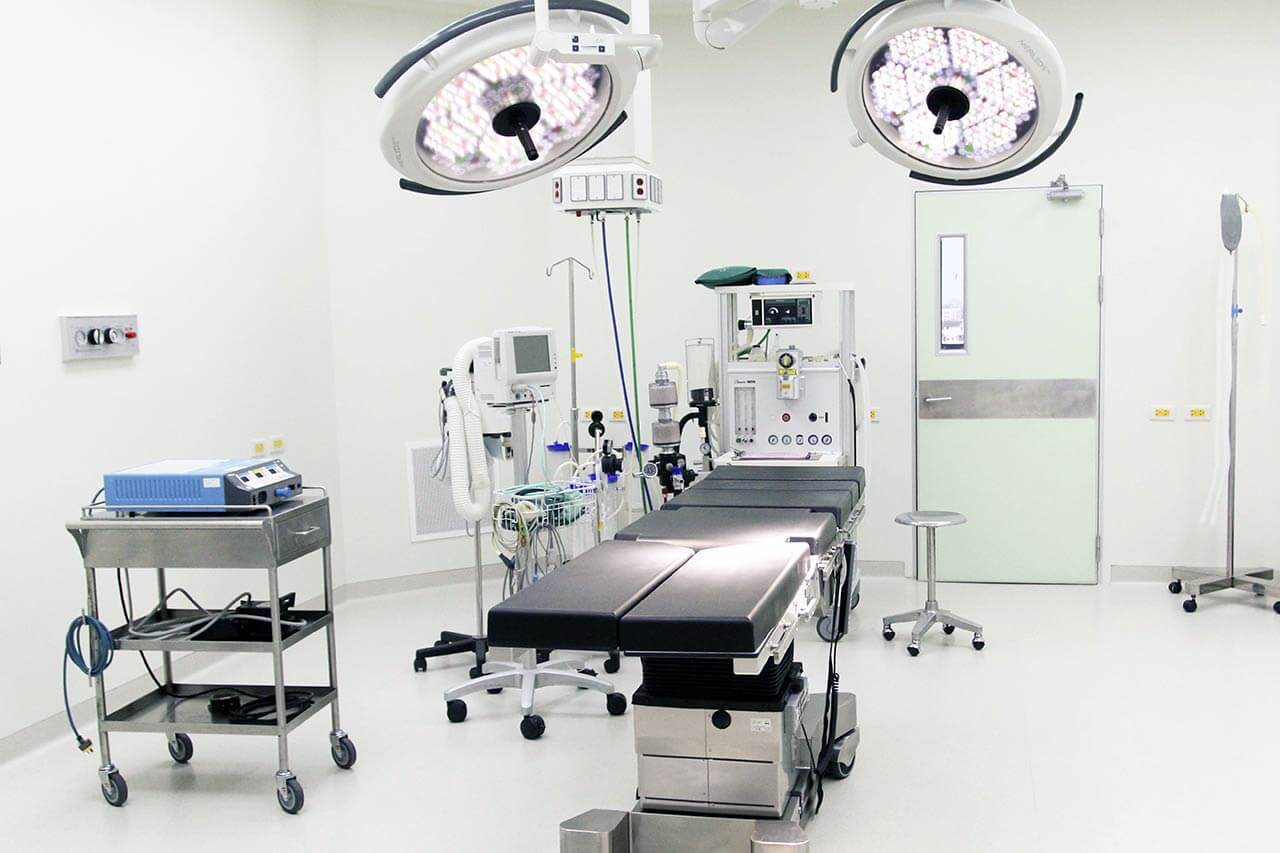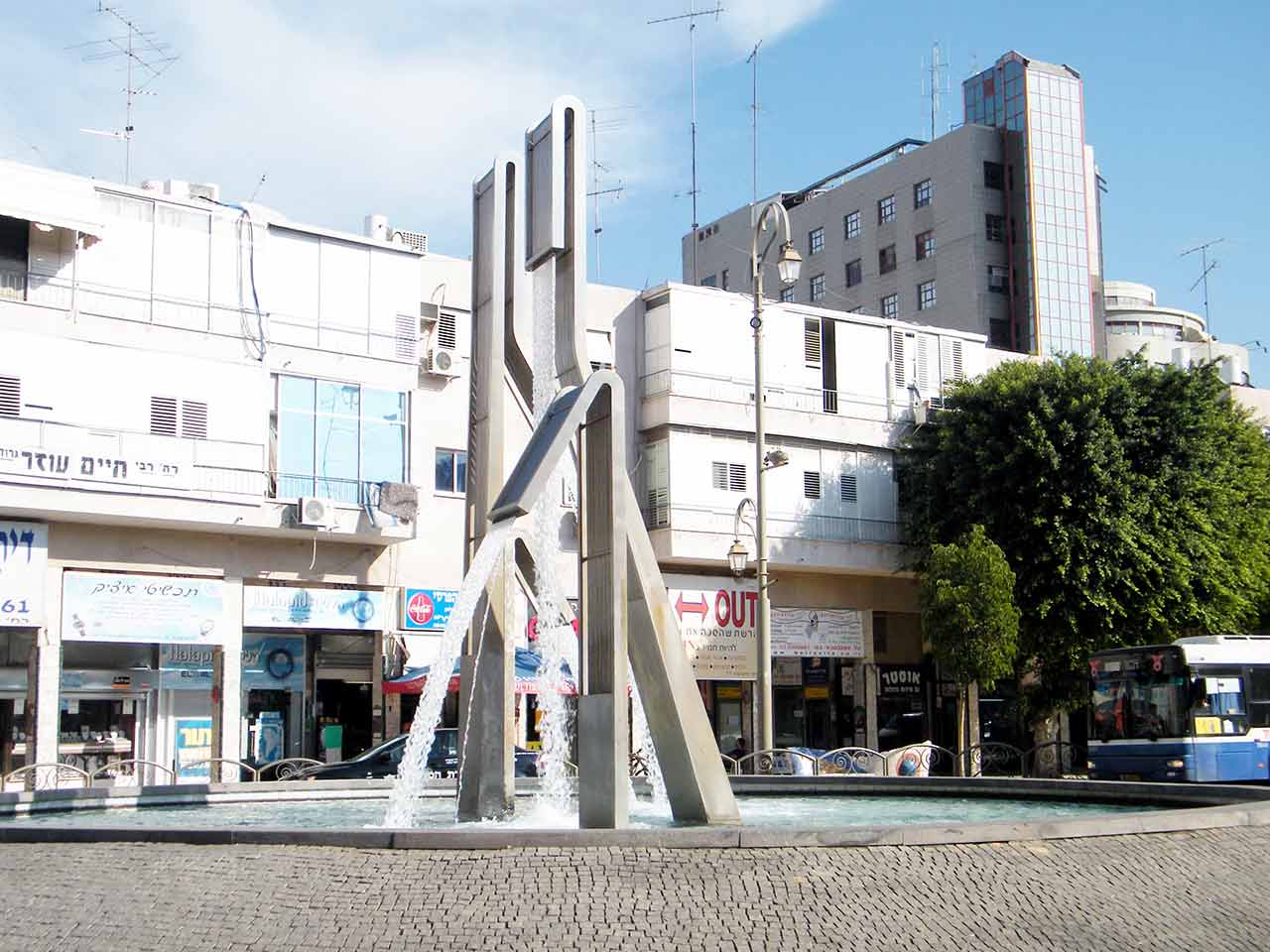
The program includes:
- Initial presentation in the clinic
- clinical history taking
- review of medical records
- physical examination
- laboratory tests:
- complete blood count
- biochemical analysis of blood
- indicators of inflammation
- indicators blood coagulation
- ophthalmologic examination:
- slit-lamp examination
- pupil function tests
- ocular motility test
- ophthalmoscopy
- perimetry (visual field test)
- computer perimetry
- visometry (without correction and with correction)
- keratometry
- pachymetry
- refractometry (objective, subjective, cycloplegic)
- autorefractometry
- non-contact tonometer
- biomicroscopy
- preparation according to preoperative standard
- retinal cells transplantation
- symptomatic treatment
- control examinations
- the cost of essential medicines and materials
- nursing services
- full hospital accommodation
- explanation of future recommendations
Required documents
- Medical records
- Optical coherence tomography (if available)
Service
You may also book:
 BookingHealth Price from:
BookingHealth Price from:
About the department
The Department of Adult and Pediatric Ophthalmology at the Rabin Medical Center Petah Tikva offers the very latest diagnostic and treatment methods for the full range of diseases of the eye and its appendages in patients of all age groups. The clinic is one of the largest and the most competent medical facilities of this kind in the country. The medical team of the department consists of 55 highly qualified ophthalmologists, each of them has thorough training in a particular field of ophthalmology, for example, in the treatment of corneal and retinal diseases, in the treatment of glaucoma, cataract, strabismus, neuro-ophthalmic diseases, in the field of oculoplasty, etc. Thus, the patients are guaranteed the most effective treatment from top-class specialists. The department annually treats more than 40,000 patients, including foreign ones. The department is headed by Prof. Dr. med. Irit Bahar.
The department has a 24-hour emergency ophthalmological service, an inpatient section, an outpatient hospital and six operating rooms, in which more than 4,000 surgical interventions of varying complexity are performed annually – more than 3,000 cataract surgeries, more than 400 retinal operations, more than 400 operations to remove tumors of the eye, orbit and eyelids, more than 100 operations on the tear ducts, hundreds of minimally invasive operations to treat glaucoma. In addition, the department includes a progressive Section of Ophthalmic Oncology, which specializes in the treatment of benign and malignant tumors of the eye, orbit and eyelids.
The department's doctors use the world's best technologies for the diagnostics of ophthalmic diseases and eye surgery, including modern equipment for imaging the anterior and posterior segments of the eye, optical coherence tomography, visual field testing, 3D corneal scanning, state-of-the-art laser systems and many others. These resources allow the doctors to detect the slightest deviations in the structure or functioning of the eye and effectively eliminate them for the restoration of vision.
The special place in clinical practice is given to pediatric ophthalmology. The specially trained doctors work with young patients, they successfully perform surgical procedures to treat congenital cataract, surgical correction of strabismus, treatment of retinopathy of prematurity, etc.
The department specializes in the diagnostics and treatment of the following diseases:
- Cataract
- Microsurgical removal of eye lens
- Ultrasound surgery to remove eye lens
- Laser phacoemulsification
- Cataract cryoextraction (innovative technique)
- Glaucoma
- Laser techniques
- Trabeculoplasty (argon, selective, micropulse)
- Cyclophotocoagulation
- Peripheral iridotomy
- Surgical techniques
- Trabeculoplasty (argon, selective, micropulse)
- Cyclophotocoagulation
- Peripheral iridotomy
- Surgical techniques
- Sclerotomy (scleral dissection)
- Trabeculotomy (excision of the damaged area of the drainage system of the eye)
- Bypass surgery to improve aqueous humor outflow
- Viscocanalostomy (opening the inner sclera membrane with the introduction of drugs into the Schlemm's canal)
- Laser techniques
- Amblyopia
- The unique Neirovision technique (stimulation of the cells of the occipital lobe of the brain, which is responsible for the perception and analysis of visual images; it can be used in both adults and children)
- Myopia
- Laser correction
- Photorefractive keratectomy
- Intraocular lens implantation
- Corneal ring implantation
- Hypermetropia
- Selection of contact lenses or glasses
- LASIK laser correction
- Surgical treatment
- Hexagonal keratotomy
- Deep thermocoagulation
- Hypermetropic automated keratoplasty
- Hypermetropic keratomileusis
- Astigmatism
- Laser correction
- Astigmatomy
- Keratoconus
- Implantation of intrastromal corneal rings
- Corneal transplantation (at the advanced stages)
- Non-surgical cross-linking
- Benign and malignant tumors of the eye and its appendages
- Benign tumors
- Orbital tumors
- Eyelid tumors
- Nevi on the eyelids and conjunctiva
- Retinal vascular hemangiomas
- Malignant eye tumors
- Melanoblastoma
- Retinoblastoma
- Intraocular lymphoma
- Benign tumors
- Corneal diseases
- Keratoplasty (corneal transplantation), including laser one
- Iridocyclitis
- Drug treatment with antibiotics, cytostatics and immunomodulators
- Conjunctivitis
- Drug treatment
- Strabismus
- Conservative treatment with contact lenses and glasses
- Surgical treatment
- Myotomy (dissection of the eye muscles)
- Recession (withdrawal of the eye muscles)
- Tenomyoplasty (lengthening of the oculomotor muscles)
- Blepharitis
- Treatment with ointments
- Massage to improve blood circulation in the eyelids
- Surgical interventions
- Macular rupture
- Vitrectomy
- Eye movement disorders
- Drug therapy (corticosteroids, vitamins C and B, anti-inflammatory, nootropic, vasodilatory, anticholinesterase drugs, as well as detoxification and dehydration therapy)
- Physiotherapy (phonophoresis and electrophoresis with drugs, acupuncture)
- Surgical treatment
- Peripheral dystrophy and retinal detachment
- Retinal laser coagulation
- Cryotherapy
- Thrombosis and obstruction of the central retinal artery
- Retinal artery catheterization
- Diabetic retinopathy
- Laser photocoagulation
- Vitrectomy
- Dry eye syndrome
- Symptomatic drug therapy
- Surgical treatment (removal of the "plug" that blocks the lacrimal canal)
- Uveitis
- Drug therapy with anti-inflammatory drugs, antihistamines, angioprotectors
- Endocrine ophthalmopathy
- Comprehensive treatment in collaboration with endocrinologists
- Other ophthalmic pathologies and treatment methods
Curriculum vitae
Prof. Irit Bahar is one of the best ophthalmologists in Israel, with an excellent international reputation. She is the Chief Physician of the Department of Adult and Pediatric Ophthalmology at the Rabin Medical Center Petah Tikva. The doctor uses in her clinical practice the techniques of laser vision correction, corneal transplantation, placement of multifocal and anti-astigmatic lenses. In addition, she is the Clinical Professor in the Department of Ophthalmology at Tel Aviv University.
Prof. Bahar received her medical education at the Faculty of Medicine of the Technion. This was followed by training at the Ben Gurion University of the Negev in Be'er Sheva, Israel. She completed her internship in the Department of Adult and Pediatric Ophthalmology at the Rabin Medical Center Petah Tikva. In the process, she received the Best Trainee Award from the Israel Ophthalmology Society and the Rabin Medical Center Petah Tikva. She completed her graduate and postdoctoral studies at the Faculty of Medicine of the University of Toronto in Canada. Here Dr. Irit Bahar also gained invaluable experience in the field of laser vision correction, cataract surgery, treatment of corneal diseases and began performing corneal transplantations. She also trained at the Massachusetts Eye and Ear Infirmary in the USA, at the Rotterdam Hospital in the Netherlands (focus on corneal transplant). After returning to Israel, Prof. Irit Bahar headed the Department of Adult and Pediatric Ophthalmology at the Rabin Medical Center Petah Tikva.
In addition to successful clinical practice, the specialist can be proud of achievements in research activities – doing research, publishing articles in international journals, training medical students and interns, as well as lecturing at the scientific conferences around the world.
Clinical Interests
- Corneal transplant, including artificial one.
- Surgical treatment of cataract.
- Surgical treatment of pterygium.
- Visual loss correction.
- Treatment of dry eye syndrome.
- Selection of lenses in complex clinical cases.
Research Interests
- Advanced methods of corneal transplant.
- Neovascularization of the cornea and its treatment methods.
- Artificial corneal transplant.
- Methods for improving the results of surgical treatment of cataract.
- Corneal infections and their treatment.
- Use of advanced technologies for corneal infection prevention.
Memberships in Professional Societies
- Israel Ophthalmology Society.
- American Academy of Ophthalmology.
- European Society of Cataract and Refractive Surgeons.
- American Society of Cataract and Refractive Surgery.
Photo of the doctor: (c) Rabin Medical Center
About hospital
The Rabin Medical Center Petah Tikva has the status of one of the largest and reputable multidisciplinary Israeli hospitals. Since its establishment, the center has proven itself as the founder of new standards in medical care and has become a leader in the use of innovative medical technologies at the international level. It successfully applies the advanced methods of diagnostics and treatment, with the help of which even the most terrible diseases can be cured. The institutes and specialized departments of the medical complex not only provide top-class medical services, but are also actively engaged in research activities, which have implemented many effective developments. The high quality of medical service, patient care and safety of treatment is awarded by the prestigious JCI certificate of international standard.
The annual budget of the medical facility reaches $ 500 million, which allows the departments to purchase state-of-the-art medical equipment. Large financial investments ensured the purchase of seven progressive linear accelerators for the Department of Radiation Therapy, which are the most innovative in the Israeli medical system. In 2012, the medical center received the Ingenia 3T device for magnetic resonance imaging. In addition, the technical base was updated with the cutting-edge digital mammography system. Many surgical interventions are performed using the specialized da Vinci Surgical System.
With the status of the multidisciplinary hospital, the medical complex has achieved considerable heights in many medical fields, including oncology and oncohematology, general and cancer surgery, gynecology and reproductive medicine, ophthalmology, plastic surgery, cardiology and cardiac surgery, neurosurgery, orthopedics, urology and others.
The hospital employs about 5,000 people. About 1,000 of them are highly specialized physicians, some of them are internationally recognized specialists, while more than 2,000 are qualified nurses. All specialists of the medical facility have a huge clinical experience, as well as regularly improve their skills through training courses and internships in famous hospitals in developed countries. The medical team of the center works under a single motto – "People for People". The motto carries the idea that technology is only beneficial in skilled and professional hands. In addition, the priority for all employees of the medical center is the comfort of the patient during the treatment.
The medical complex can admit about 1,400 inpatients for treatment. Structurally, the hospital consists of 180 departments, outpatient hospitals and institutes, as well as 40 operating rooms equipped with the latest technology. The hospital annually performs more than 40,000 surgical interventions in various medical fields. The center admits about 95,000 inpatients and more than 850,000 outpatients every year. More than 9,000 babies are born here annually. These impressive figures speak for themselves and contribute to the popularity of the hospital in the international medical arena.
Photo: (c) Rabin Medical Center, (c) depositphotos
Accommodation in hospital
Patients rooms
The patients of the Rabin Medical Center Petah Tikva live in cozy single and double rooms with all the necessary amenities for a comfortable stay at the hospital. Each room has an ensuite bathroom with shower and toilet. The furnishing of the standard patient room includes an automatically adjustable bed, a bedside table, a wardrobe, chairs for receiving visitors and a TV. The patient rooms also have Wi-Fi. The hospital offers patient rooms for children, which are made in the special style, so young patients feel as most comfortable as possible during their treatment.
Meals and Menus
The patient and the accompanying person are offered tasty and balanced three meals a day. If for some reason you do not eat all foods, you will be offered an individual menu. Please inform the medical staff about your food preferences prior to treatment.
Further details
Standard rooms include:
Accompanying person
During the inpatient program, the accompanying person can stay on the territory of the center in a separate building or in a hotel of his choice. Our managers will help you choose the most suitable option.
Hotel
During an outpatient program, the patient can stay at the hotel on the territory of the medical center or at the hotel of his choice. Our managers will help you choose the most suitable option.




